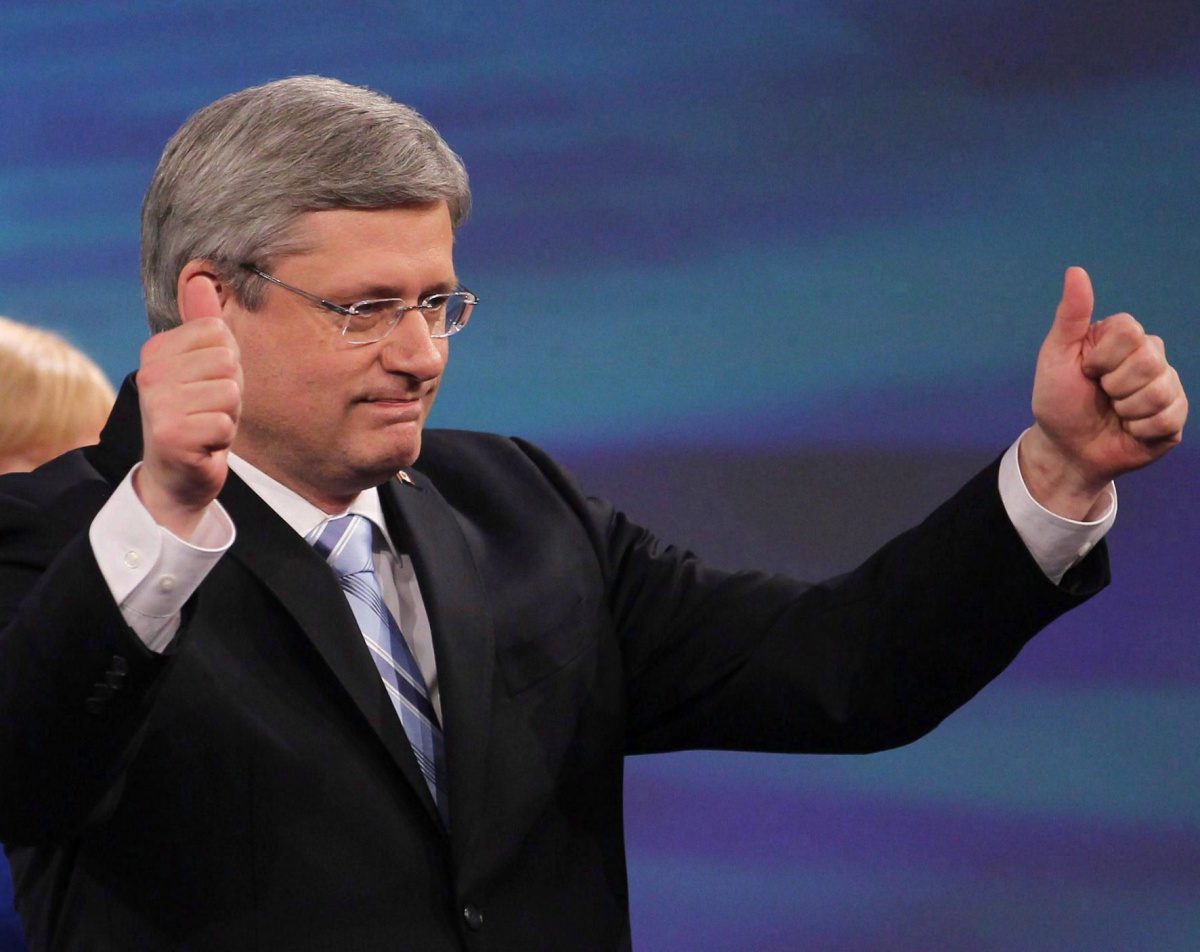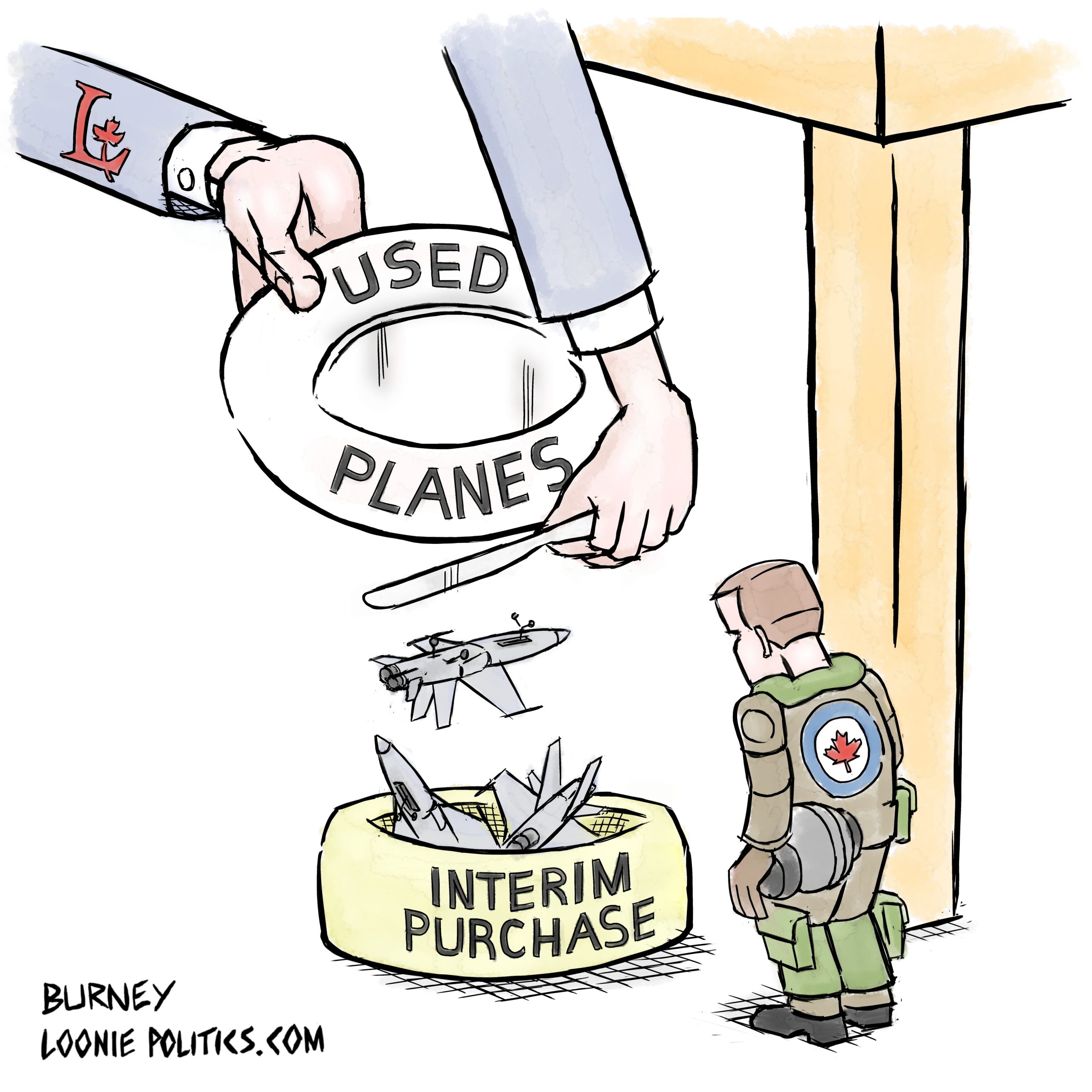One of the great ironies of Stephen Harper is that, for a former prime minister infamous for muzzling his caucus, in retirement he doesn't know when to keep quiet. Divisive actions by Harper in recent weeks threaten to chip just enough momentum away from the Conservatives to possibly derail their campaign in advance of a mesmerizingly tight election.
With the House of Commons adjourned ahead of an autumn election, Canada's federal political parties have turned their attention to courting voters. Doug Ford's disastrous provincial government has taken an extended summer break, likely a favour to his federal counterparts to avoid cross-contaminating Andrew Scheer's quest to become prime minister.
But another prominent Conservative who should have the experience and foresight to temporarily retreat into the shadows until after the federal election is Stephen Harper. Perhaps no figure in Canadian political history was as fixated on preventing politically-damaging outbursts. Ironic then that Harper has developed a penchant for creating controversy after stepping down as the country's prime minister.
In late June, Harper appeared to take sides in the UK Conservative Party's leadership contest that would determine their next prime minister. Harper is prohibited from conveying favouritism in leadership campaigns as chair of the International Democrat Union, an international alliance of conservative political parties. However, one of the two British leadership contestants publicly announced he had secured Harper's assistance as a consultant for future Brexit negotiations. Harper subsequently released a clarifying statement that stressed he did not endorse any particular candidate and would help whoever becomes the next UK Tory leader. But making such a deal with one of the candidates during a leadership contest perhaps illustrated a lack of appropriate discretion by Harper.
Although the gaffe didn't jeopardize the Conservative effort here in Canada, it served as a precursor for an action that would. Less than a week later, Harper caused a minor disturbance when he delivered a speech in Toronto that denounced Sikh separatism. Canadian politicians tend to tip-toe around the sensitive subject; one prominent exception was former federal minister of health and premier of British Columbia, Ujjal Dosanjh, who was attacked with an iron bar in 1985 for opposing violence by Sikh extremists. Harper took a very different tone when he was prime minister, refraining from denouncing Sikh separatism and even affirming the right to peacefully advocate for a separate Khalistani homeland. But now in retirement and no longer chasing re-election, Harper has shifted his position, expressing a much more decisive and controversial opinion.
If a Conservative member of parliament had expressed such divisive remarks when Harper was prime minister, that MP would have been strongly rebuked. If uttered shortly before an election, there would have been hell to pay.
Years later, now that Harper no longer leads a political party or the government, he apparently feels a new-found freedom to express his thoughts openly on contentious matters. But to peddle an inflammatory position with the unofficial election campaign already underway illustrates either a remarkable naiveté for someone once at the national helm, or a disdain for Andrew Scheer's prospects of forming government.
The current political lay of the land makes Harper's careless remarks about Sikh separatism especially damaging to the Conservatives' election efforts. More than 20 federal ridings boast large numbers of Canadians of South Asian descent, including nine in which Punjabi Sikhs are the largest sub-group. Many of these are considered "swing" seats that aren't dominated by any particular political party. The Liberals won the majority of these seats in 2015, yet a look back at the 2011 election (taking into account redistributed results, as ridings were subsequently redrawn) shows almost none were held by the Liberals during the previous parliament. The Conservatives are targeting many of these seats as potential gains this autumn, yet Harper's provocative comments may cause Canadians of Punjabi descent to think twice about altering their political alignment.
With most public opinion polls showing a close contest between the Liberals and Conservatives, needlessly squandering even a handful of seats could be the difference between forming a majority government or merely winning a plurality of seats (which usually translates into a minority government in Canadian politics).
Arguably the most important task for Conservatives campaigning to form government is to educate the electorate about their new leader, Andrew Scheer. A Campaign Research poll conducted on July 12 showed that not only does Scheer have a negative approval rating (-17), but that more Canadian voters remain unsure about his performance (30%) than approve of it (26%). Compare that to Justin Trudeau as opposition leader in July 2015, in which only 20% of respondents told Forum Research they weren't sure about his performance, while 38% approved.
Every appearance by Harper in the news media ahead of the election is a lost opportunity for Conservatives to inform voters about Scheer, especially as Justin Trudeau is finding re-election much more difficult than normal for a Liberal prime minister emerging from his first majority government.
Retired political party leaders are expected to fade into the background of public life, refraining from making controversial remarks or dominating political discourse. This past month has likely been a humbling lesson for Harper; that it has occurred shortly before a pivotal election should worry Conservatives, who must now be hoping Harper accepts the Brexit consultancy job in the UK and quietly fades into overseas obscurity for the next three months.
Photo Credit: CBC News








